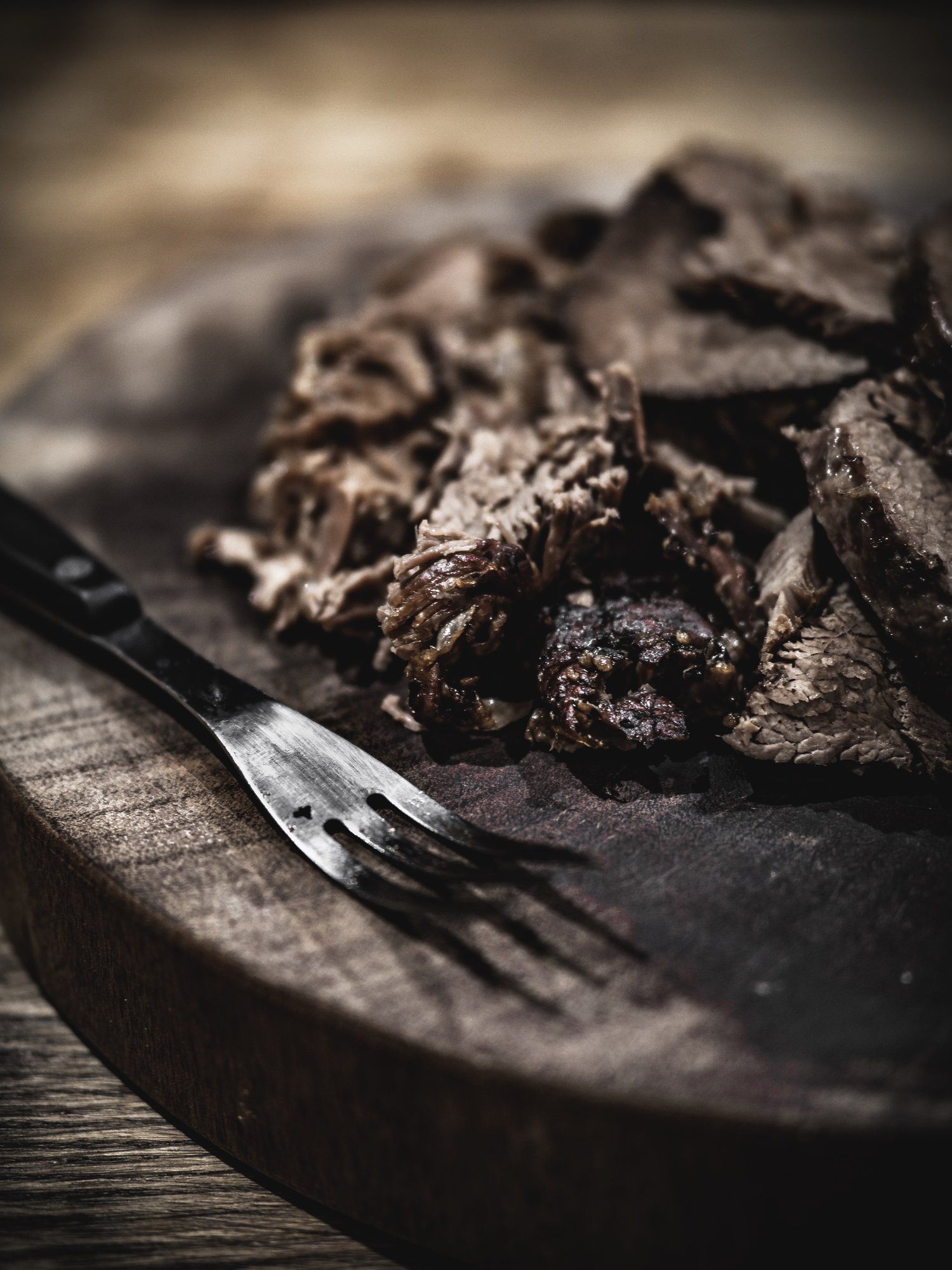Welcome, fellow meat-lovers, to a blog where vegetarianism takes a back seat. We’re talking about a diet that is all about flesh, bones, and everything else that Mother Nature deems chewable and meaty. No more dull veggies or bare-bones salads; it’s time for the Carnivore Diet. So, get your steak knives ready, and let’s dig in!
An Introduction to the Carnivore Diet
If your idea of a ‘meat feast’ thus far only extended to pizza toppings, buckle up – because things are about to get a lot more interesting. The Carnivore Diet, in essence, encourages you to live off land dwelling, water splashing, and air flying creatures. No fruits, no vegetables, no grains – the Carnivore Diet is an all-meat diet where you’re either feasting on filet mignon or gnawing at chicken wings.
Originating from our ancestral hunter-gatherer lifestyle, the Carnivore Diet is as meat-centric as it gets. However, it doesn’t invite you to eat barbecue all day, (though the thought certainly is tempting!). It values nutrient-rich organ meats, fatty cuts, and seafood.
Benefits of Carnivore Diet
On to the pressing question, ‘Is this just a meaty madness or are there tangible benefits?’ The truth is, the Carnivore Diet boasts some impressive benefits. For starters, it’s incredibly simple. Grocery shopping becomes a breeze when your list comprises only one category. Plus, due to its high overall protein content, it acts as a natural appetite suppressant, aiding weight loss.
The diet can also lead to stabilization of blood sugar levels, making it an option for individuals with Type 2 Diabetes. Several studies on the Carnivore Diet have demonstrated improvements in cardiovascular health markers, mood disorders, and inflammatory diseases. Less commonly known benefits include improved sleep and skin.
Controversies around the Carnivore Diet
While the diet offers a prime-time ticket to Meatville, it’s fair to say it does come with controversies. Many experts express concerns about its lack of dietary fiber and potential nutrient deficiencies. Another contention is the large quantity of red meat and saturated fat, which some link to an increased risk of heart disease.
Before you decide to become a carnivore, it’s essential to understand that research on this diet is still sparse. While anecdotal evidence and preliminary studies look promising, consult with a health professional before embarking on this diet. And remember, moderation is always key – even in Meatville!
Carnivore Diet: A Hyped Fad or a Keeper?
Food trends come and go, but is the Carnivore Diet here to stay? While it doesn’t have the broad appeal of more balanced diets, the carnivore way of life has a staunch following. Meat moguls swear by its simplicity, weight loss benefits, and potential health improvements.
In conclusion, like most diets, the Carnivore Diet could be the perfect fit for some and a meaty mess for others. If your ideal plate is crawling with carrots and quivering with quinoa, this might not be for you.
But for those who dream of juicy steaks and sizzling bacon for breakfast, lunch, and dinner…well, welcome home. Just remember, it’s not all about the T-bone; it is also about heart health, waistlines, and overall wellness.
Here’s to exploring uncharted territories of our dietary preferences. After all, life’s too short to not know whether we’re hard-coded carnivores or not. Bon appétit!
